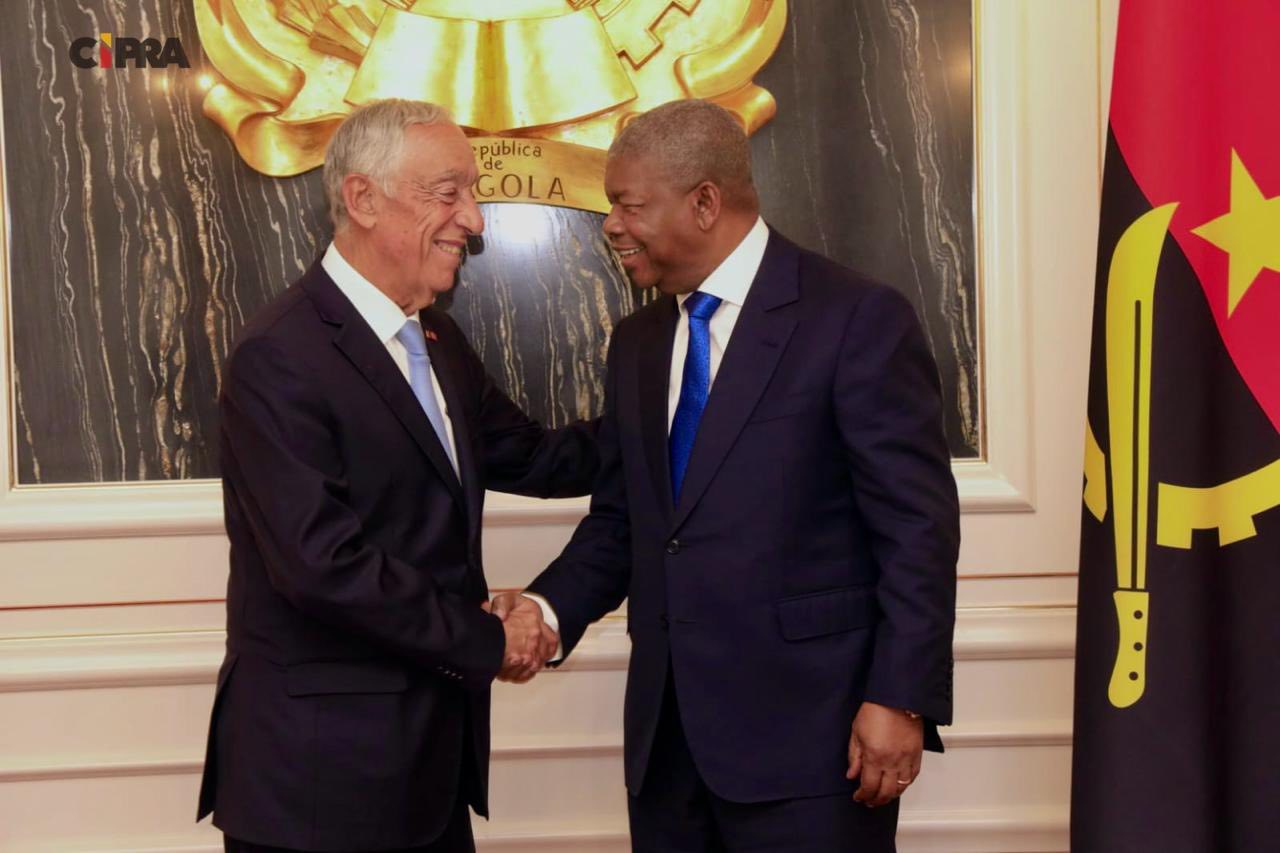Portuguese President seeks constitutional review of controversial foreigners law amid CPLP concerns

Portuguese President Marcelo Rebelo de Sousa has requested an urgent constitutional review of key provisions in the recently amended Foreigners Law, signaling growing unease over the legislation’s implications for immigration and international relations—particularly within the Community of Portuguese Language Countries (CPLP).
The request, submitted to the Constitutional Court, targets the legality of new restrictions concerning family reunification rights, extended deadlines for application reviews by the Agency for Integration, Migration and Asylum (AIMA), and the right of appeal for migrants.
President Rebelo de Sousa, tasked with enacting the legislation, opted instead to seek judicial oversight—a move that has stalled the government’s rollout of the reforms.
The amended law, championed by Prime Minister Luís Montenegro’s administration with support from the right-wing Chega party, proposes significant limitations on immigration.
Among the most controversial elements are restrictions on work-seeking visas to “skilled labor” applicants—defined vaguely as individuals possessing “specialized technical skills”—and tighter controls on family reunification, favoring holders of privileged residency statuses such as “golden visas.”
Particularly contentious is the change in policy toward CPLP nationals, including those from Brazil and Angola. Under the new rules, applicants from these countries would be required to obtain a residence visa prior to arrival—a sharp departure from current provisions that allow entry with short-stay visas or legal entry to national territory.
Angola’s President João Lourenço, who is currently visiting Portugal, voiced strong concerns during an interview with CNN Portugal on July 22.
His remarks sparked online backlash after he stated that “Angolans have achieved more in 50 years than the Portuguese in 500,” and suggested the new law should be a topic of dialogue with President Rebelo de Sousa.
While many Portuguese citizens criticized Lourenço’s comments as interference in domestic affairs, Rebelo de Sousa’s subsequent actions suggest that Lisbon is sensitive to the diplomatic strain such legislation could create within the CPLP.
In an official statement published on the presidency’s website, Rebelo de Sousa emphasized the need for a preventive review of the legislation’s constitutionality, underscoring his concerns regarding the compatibility of the new rules with national and international legal standards.
The outcome of the Constitutional Court’s review could have significant implications not only for Portugal’s immigration policy but also for its standing among Lusophone nations, as the country balances internal political pressures with its long-standing cultural and diplomatic ties across the Portuguese-speaking world.
About The Author
dailymailafric
I am an avid African news observer, and an active member of Daily Mail Africa.
I’m Passionate about staying informed on diverse topics across the continent,
I actively contribute to publishing on political, economic and cultural developments in Africa.



